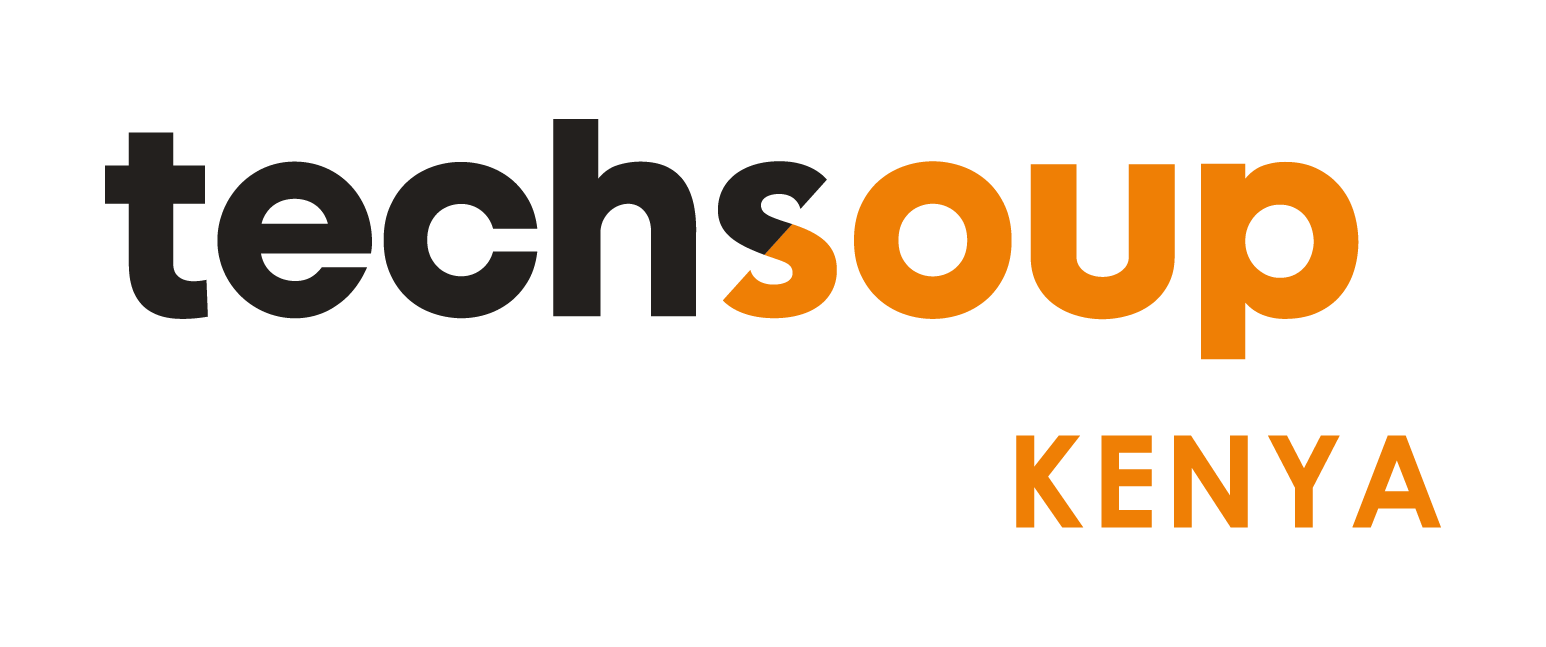About us
Gender equality remains one of the most critical and contentious goals of the 21st century. Despite considerable progress over the past decades, the journey towards true gender parity is fraught with challenges. The fundamental question persists: Can we genuinely achieve gender equality? To explore this, we must examine the progress made, the hurdles that remain, and the collective will required to surmount these obstacles.
The Imperative of Gender Equality
Gender equality is not merely a social or moral imperative; it is essential for economic growth, political stability, and social cohesion. When women and men have equal opportunities, societies flourish. Studies consistently show that gender parity correlates with higher GDPs, improved health outcomes, and increased educational achievements. However, the path to equality is uneven and often obstructed by deeply ingrained biases and systemic barriers.
Progress So Far: A Glimpse of Hope
Over the past century, remarkable strides have been made towards gender equality. Women’s suffrage, access to education, and participation in the workforce have significantly improved in many parts of the world. Legal frameworks promoting gender equality have been established, and there is a growing recognition of the importance of gender-sensitive policies.
For instance, countries like Rwanda have achieved nearly equal representation of women in parliament, setting a global benchmark for political inclusion. Educational attainment among women has also seen a significant rise globally, narrowing the gender gap in many regions. These achievements demonstrate that progress is possible when there is a concerted effort.
Persistent Barriers: The Roadblocks to Equality
Despite these advancements, significant barriers to gender equality remain. Discrimination, violence, and economic disparity continue to hinder progress. Women disproportionately bear the burden of unpaid care work, face wage gaps, and are underrepresented in leadership positions across sectors. Cultural norms and stereotypes perpetuate gender biases, making it challenging to break the cycle of inequality.
Violence against women is a pervasive issue that undermines efforts towards gender equality. From domestic abuse to sexual harassment, the threat of violence restricts women’s freedom and opportunities. Moreover, in many parts of the world, access to education and healthcare for women remains inadequate, further entrenching gender disparities.
The Collective Will: A Key to Unlocking Equality
Achieving gender equality requires more than policy changes and legal reforms; it necessitates a profound cultural shift. Societal attitudes towards gender roles must evolve, and both men and women need to champion the cause. Education and awareness are crucial in dismantling stereotypes and fostering a culture of equality.
Corporate and political leaders play a pivotal role in this transformation. By promoting inclusive workplaces and supporting women in leadership, they can set a powerful example. Equally important is the role of men in advocating for gender equality. When men stand as allies, challenging sexism and supporting equitable policies, the movement gains strength and legitimacy.
The Role of Global Movements and Local Actions
Global movements like #MeToo and HeForShe have highlighted the importance of gender equality and mobilized millions to support the cause. These movements underscore the power of collective action and the need for sustained momentum. However, global initiatives must be complemented by local actions tailored to specific cultural and societal contexts.
Grassroots organizations and community leaders are essential in driving change on the ground. By addressing local issues and empowering women at the community level, these initiatives can create a ripple effect, fostering broader societal change.
Can Gender Equality Be Achieved?
The answer lies in our collective commitment and willingness to confront the challenges head-on. While the road to gender equality is long and arduous, it is not insurmountable. The progress made thus far provides a foundation upon which we can build. Achieving gender equality requires relentless effort, unwavering resolve, and a belief in the possibility of change.
We must recognize that gender equality is not a zero-sum game; it benefits everyone. When women thrive, societies prosper. It is in our collective interest to ensure that every individual, regardless of gender, has the opportunity to realize their full potential.
Conclusion: A Call to Action
As we navigate the complexities of achieving gender equality, we must remain steadfast in our pursuit. It is a journey that demands patience, perseverance, and the active participation of all. By challenging norms, advocating for equitable policies, and supporting one another, we can inch closer to a world where gender equality is not just an aspiration but a reality.
Let us commit to this cause with renewed vigor, for the promise of a more just and equitable world is within our grasp. Together, we can turn the dream of gender equality into a lasting legacy for future generations.

